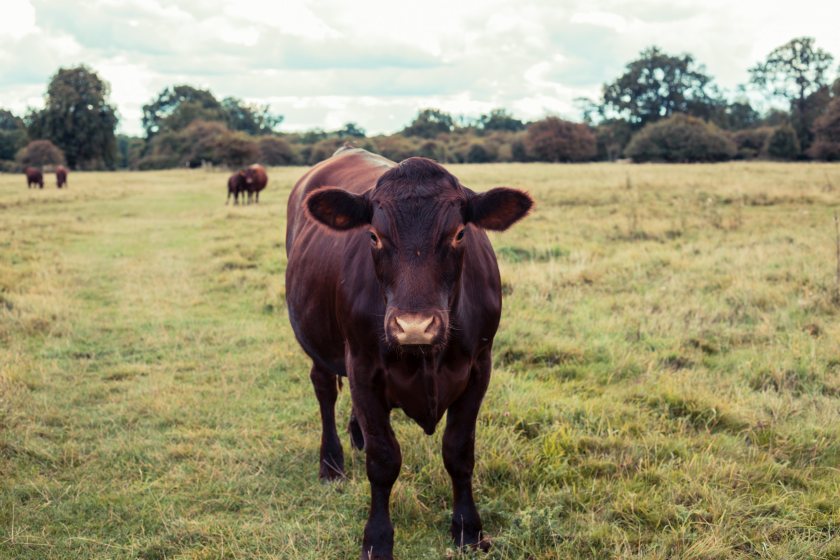
A common cattle vaccine that could train the immune system to fight off a wider range of diseases is at the centre of new research at Aberystwyth University.
The four-year project will explore the concept of “trained immunity”, where a vaccine effectively reprogrammes the immune system, allowing livestock to respond more strongly to future, unrelated infections.
Using cattle tissue samples and advanced lab techniques, researchers will study the molecular mechanisms that underpin this process.
Scientists believe the work could pave the way for healthier herds, reduced antibiotic use and, ultimately, lower production costs for farmers.
By cutting the risk of infectious disease and improving resilience, the approach could help safeguard milk and beef supplies, while also easing some of the economic pressures faced by livestock producers.
Researchers say the benefits would extend beyond animal health. Stronger disease resistance means fewer losses, less veterinary intervention and improved productivity — gains that could help UK farmers remain competitive in a challenging marketplace.
The study may also contribute to environmental targets by reducing the carbon footprint linked to animal treatments and feed efficiency.
Dr Amanda Gibson, Lecturer in Innate Immunology at the university, said the study was “a fantastic opportunity to explore the potential of trained immunity in livestock.”
She explained that the findings could support “the development of more sustainable and resilient farming systems,” and said she was excited to collaborate across disciplines to deliver research with a real-world impact on both animal health and environmental sustainability.
Professor Iain Barber, Pro Vice-Chancellor of the Faculty of Sciences, said the work illustrates Aberystwyth’s strength in tackling major agricultural challenges.
He described Gibson’s programme as “exciting and impactful”, adding that it addresses “some of the most pressing challenges in animal health and sustainable agriculture.”
The project will be carried out in partnership with the Animal and Plant Health Agency (APHA), the Office of the Chief Veterinary Officer for Wales, Arwain DGC (Responsible Antimicrobial Use), and the Roslin Institute.
Dr Camille Harrison, APHA’s lead scientist for bovine TB, welcomed the collaboration, saying it would “support TB eradication efforts and deepen our understanding of immunological pathways.”
